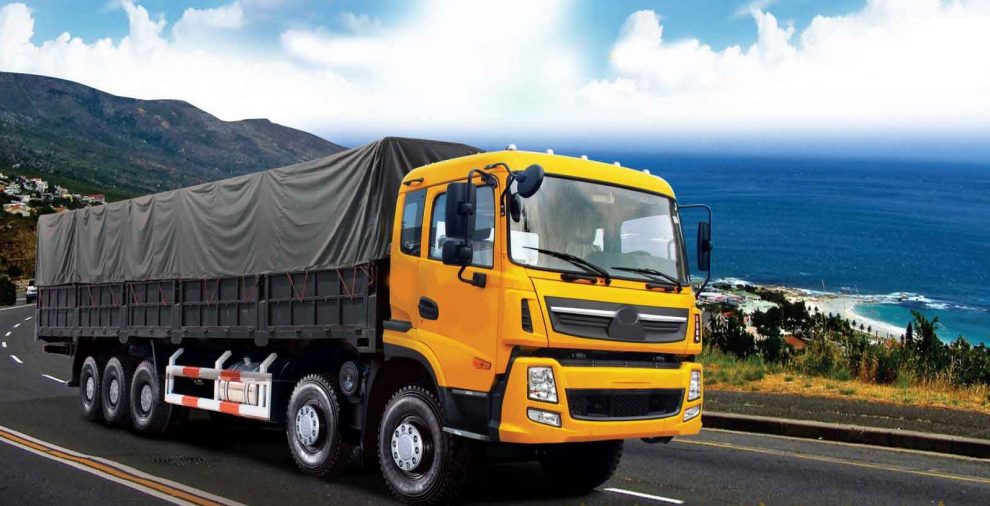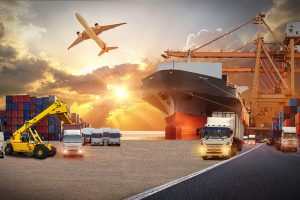Transportation is an essential part of our daily lives, and it has come a long way since the early days of horse-drawn carriages and steam engines. Today, we have a wide range of transportation options available, from cars and buses to trains and airplanes. However, the transportation landscape is constantly evolving, and new trends are emerging that will shape the future of transportation. This essay will explore the current and future transportation trends, and their impact on society, environment, and economy.
Current Transportation Trends
1. Electric Vehicles (EVs)
One of the most significant transportation trends in recent years is the rise of electric vehicles (EVs). EVs are becoming increasingly popular due to their environmentally friendly nature, lower operating costs, and improved performance. According to the International Energy Agency (IEA), the global electric car stock exceeded 7 million units in 2020, with a compound annual growth rate of 22% from 2010 to 2020. The IEA predicts that the global electric car stock could reach 140 million by 2030, if current policies and trends continue.
2. Autonomous Vehicles
Autonomous vehicles (AVs) are another significant transportation trend. AVs use advanced technologies such as sensors, GPS, and artificial intelligence to navigate and make decisions without human intervention. AVs have the potential to revolutionize transportation by increasing safety, reducing traffic congestion, and enhancing mobility for the elderly and disabled. Several companies, such as Waymo, Tesla, and Uber, are already testing AVs on public roads.
3. Shared Mobility
Shared mobility is another trend that is transforming the transportation landscape. Shared mobility refers to the sharing of transportation resources, such as cars, bicycles, and scooters, among individuals. Shared mobility services, such as UberPool, Lyft Line, and bike-sharing systems, have become increasingly popular in urban areas, reducing traffic congestion and improving air quality.
4. Hyperloop Systems
Hyperloop systems are a new transportation technology that uses vacuum-sealed tubes to transport passengers at high speeds. Hyperloop systems have the potential to revolutionize long-distance travel, reducing journey times and environmental impact. Several companies, such as Virgin Hyperloop One and Hyperloop Transportation Technologies, are already testing hyperloop systems.
Future Transportation Trends
1. Electric Aviation
Electric aviation is an emerging transportation trend that has the potential to transform the aviation industry. Electric aircraft use electric motors and batteries instead of traditional fossil fuels, reducing greenhouse gas emissions and operating costs. Several companies, such as Eviation and Joby Aviation, are already developing electric aircraft for commercial use.
2. Hydrogen Fuel Cell Vehicles
Hydrogen fuel cell vehicles are another emerging transportation trend. Hydrogen fuel cell vehicles use hydrogen as a fuel source, which reacts with oxygen to produce electricity, water, and heat. Hydrogen fuel cell vehicles have several advantages over traditional fossil fuel vehicles, including zero tailpipe emissions, longer driving ranges, and faster refueling times. Several companies, such as Toyota and Honda, are already developing hydrogen fuel cell vehicles.
3. Autonomous Delivery Services
Autonomous delivery services are a growing trend in the logistics industry. Autonomous delivery vehicles use advanced technologies, such as sensors and GPS, to navigate and deliver packages without human intervention. Autonomous delivery services have several advantages, including increased efficiency, reduced labor costs, and improved safety. Several companies, such as Amazon and NVIDIA, are already testing autonomous delivery vehicles.
4. Space Tourism
Space tourism is a new transportation trend that has gained significant attention in recent years. Space tourism refers to the practice of traveling to space for recreational purposes. Several companies, such as SpaceX and Blue Origin, are already developing spacecraft for commercial use, offering a new level of personal freedom and experience.
Impact of Transportation Trends
The transportation trends discussed above will have a significant impact on society, environment, and economy.
1. Reduced Greenhouse Gas Emissions
The shift towards electric vehicles, hydrogen fuel cell vehicles, and electric aviation will significantly reduce greenhouse gas emissions, improving air quality and mitigating climate change. According to the International Energy Agency (IEA), the transportation sector is responsible for 23% of global carbon dioxide emissions. The adoption of electric and hydrogen fuel cell vehicles could reduce transportation-related emissions by up to 80%.
2. Increased Safety
Autonomous vehicles have the potential to significantly improve safety on the roads. AVs can detect and respond to hazards more quickly than human drivers, reducing the risk of accidents. According to the National Highway Traffic Safety Administration (NHTSA), AVs could reduce traffic fatalities by up to 90%.
3. Improved Mobility
Shared mobility services and autonomous delivery services will improve mobility for the elderly and disabled, reducing isolation and increasing access to essential services. According to the World Health Organization (WHO), approximately 1 billion people worldwide have some form of disability. Shared mobility services and autonomous delivery services could significantly improve their quality of life.
4. Economic Growth
The adoption of new transportation technologies will create new job opportunities and stimulate economic growth. According to a report by the International Transport Forum (ITF), the adoption of electric vehicles could create up to 10 million new jobs worldwide by 2030. The development of hyperloop systems, electric aircraft, and spacecraft will also create new job opportunities in manufacturing, maintenance, and operations.
The transportation landscape is constantly evolving, and new trends are emerging that will shape the future of transportation. Electric vehicles, autonomous vehicles, shared mobility, and hyperloop systems are already transforming the transportation landscape, improving efficiency, reducing emissions, and improving safety. Emerging trends, such as electric aviation, hydrogen fuel cell vehicles, autonomous delivery services, and space tourism, will further transform the transportation sector, creating new job opportunities and stimulating economic growth. The adoption of these transportation trends will have a significant impact on society, environment, and economy, improving air quality, reducing traffic congestion, and increasing mobility for all.
















Add Comment